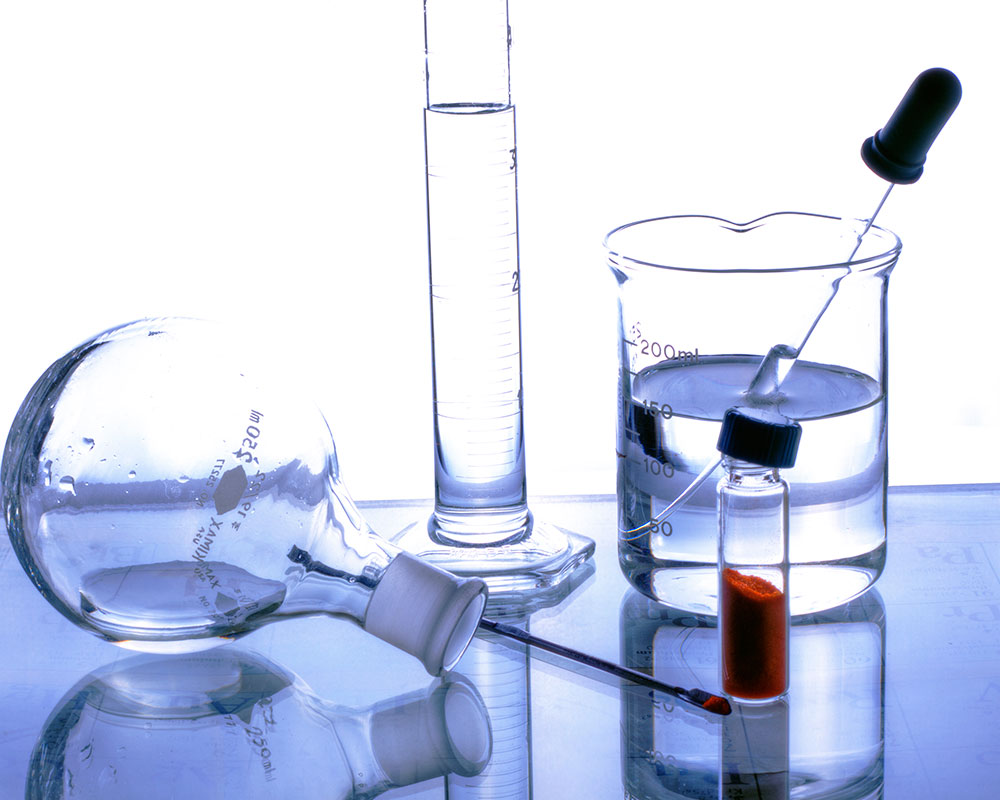Positive outcomes from immunotherapies in gastrointestinal cancers
Positive outcomes from immunotherapies in gastrointestinal cancers
22 Jan 2016Two immune-targeted therapies showed activity in advanced gastric and esophageal cancers, data from two small trials showed.
Response rates with pembrolizumab and nivolumab
The anti-PD-1 antibody pembrolizumab (Keytruda) resulted in an overall response rate of 30% in patients with advanced esophageal carcinoma, and half of patients had some degree of tumor shrinkage. A second trial showed a 14% response rate with nivolumab (Opdivo), also an anti-PD-1 antibody, in patients with advanced gastric cancer.
The median time to progression was 3.7 months in the pembrolizumab trial and 1.4 months in the nivolumab study; the median overall survival was not yet reached in the pembro study and was 5.0 months in the nivolumab study.
“Pembrolizumab’s toxicity profile was manageable”
In the pembrolizumab study, response correlated with an immune-gene express signature previously validated in the head and neck and gastric cancer. "Pembrolizumab had promising antitumor activity in a heavily pretreated patient population," said Toshihiko Doi, MD, of National Cancer Center East in Chiba, Japan. "A manageable toxicity profile was observed, including no treatment-related deaths or discontinuations due to treatment-related adverse effects. Further evaluation of pembrolizumab in esophageal cancer is ongoing."
Doi reported final results from a phase 1b evaluation of patients with advanced esophageal carcinoma, part of a multicohort study involving patients with a variety of different types of solid tumors. Patients were screened for PD-L1 expression, and the final analysis included 23 patients evaluable for response.
In particular:
- the patients were older (65 median), predominantly male (83%), and Asians accounted for about half of the group (12 of 23)
- three-fourths of the patients had tumors with squamous histology
- all but three patients had received two or more prior lines of therapy (one patient treated in first line).
Doi reported that:
- seven (30%) patients achieved partial responses
- two others (9%) had stable disease during treatment with pembrolizumab
- overall, 12 of 23 patients had some degree of tumor shrinkage
- responses were observed across different histologies and across the range of prior lines of therapy
- Median duration of response had yet to be reached but ranged from 5.5 to 11.8 months.
Clinical results from the nivolumab study
The nivolumab study involved 59 patients with advanced, previously treated gastric or esophageal cancer. They were part of a larger cohort of patients who received nivolumab in various doses and schedules. The 59 patients received 3 mg/kg every 2 weeks, reported Dung T. Le, MD, of Johns Hopkins' Kimmel Comprehensive Cancer Center.
The cohort comprised 9 patients with advanced esophageal cancer, 31 with cancer of the gastroesophageal junction, and 18 with gastric cancer. More than 80% of the patients had received two or more prior lines of therapy.
Le reported that:
- 8 of 59 patients achieved objective responses with nivolumab, including one complete response
- Another 11 patients had stable disease, resulting in a disease control rate of 32%
- The median time to response was 1.6 months
- The responses had a median duration of 7.1 months
- Analysis of PD-L1 expression and response showed a trend toward higher response rates with increased PD-L1 expression, including a 27% response rate for tumors with ≥1% expression and 33% for ≥5% expression. However, both PD-L1-positive and negative tumors responded to the treatment, according to Le
- The median overall survival of 5.0 months include a 3-month survival of 70%, 6-month survival of 49%, and 12-month survival of 36%.
The most commonly reported adverse events (any grade) were fatigue (32%), pruritus (17%), decreased appetite (15%), diarrhea (15%), nausea (4%), liver enzyme elevation (AST, 12%), pyrexia (10%), and vomiting (10%). The most common grade 3/4 adverse event was AST elevation (5%).
Positive outcomes coming also from ramucirumab
Markus Moehler, MD, PhD, of Johannes-Gutenberg University in Mainz, Germany, sought to put the findings into context with those of other trials of second- and third-line therapy gastric and esophageal cancer. His review of data from a half dozen small trials of traditional chemotherapy showed response rates of 16% to 29% and median time to progression or progression-free survival of 2.1 to 3.7 months.
More recently, trials of anti-VEGFR antibody ramucirumab (Cyramza) demonstrated median overall survival of 5.3 and 5.8 months in second- and third-line settings, representing about a 1.5-month improvement over comparators.
The next step to maximizing the utility of the anti-PD-1 drugs is to identify biomarkers associated with response."Characterization of the patients is key, and we have now seen in the pembrolizumab study with the gene signature the first step in the right direction," said Moehler.
Source: MedPage Today